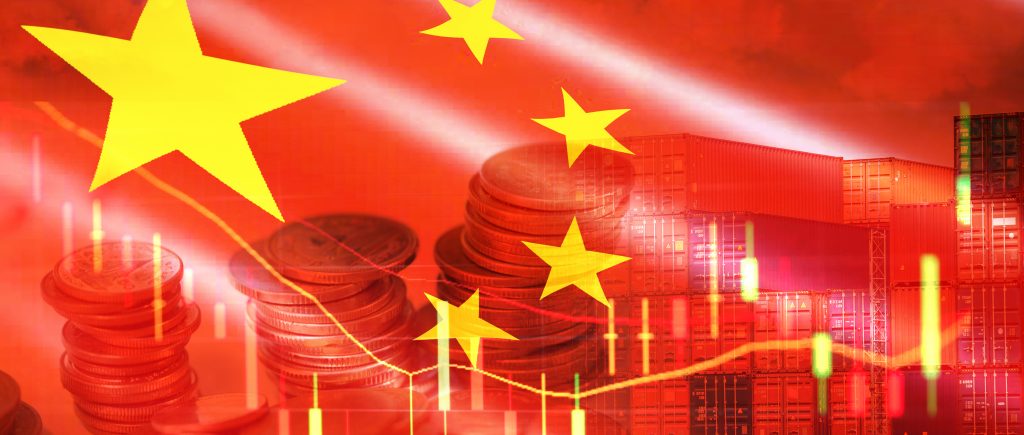Only China wants its inflation to increase, whereas the rest of the world is trying to bring inflation down from current levels. China’s CPI decreased by two basis points in October. Although the country’s official statements indicate that deflation is unlikely, the PPI fell by more than 2.5%.
There are also many key data releases on the economic calendar. These include lending, money supply, and “total social financing,” which is essentially an all-encompassing gauge of credit and liquidity in the economy. On Wednesday, markets will analyze retail sales, industrial production, and unemployment data from October.
Both the United States and China have raised concerns about decoupling and unfairly restrictive business regulation. The Biden – Xi looming summit, face to face this week at the Nov. 15-17 Asia-Pacific Economic Cooperation (APEC) gathering of leaders in San Francisco, is expected to attract foreign investors as they try to roll back negativity from geopolitical issues and internet regulation.
China’s economic recovery is likely to have a significant impact on European markets through imports, exports, energy, investments, and more. The country has faced one of the worst outbreaks of the coronavirus, leading to extended lockdowns and zero-Covid measures.
China’s real estate and property sector was severely undermined by Evergrande’s near collapse. Oil prices dropped on poor economic data from China, and Eurozone inflation could pick up, leading to weak growth.
China’s October exports fell 6.4% year-on-year, marking the sixth consecutive month of declines. This could spell bad news for the European Union, which imports about 20% of its goods from China, which is also its third largest export partner. Domestic production in China is also lagging somewhat, making fewer goods available overall.
Deflation can lead to the value of debt becoming more expensive, making it more difficult for governments, companies, and individuals to make repayments. As of April 2022, China’s foreign direct investment in Europe reached its lowest level in a decade, coming to about €7.9 billion. However, GDP in the third quarter of 2023 advanced 4.9% year-on-year, more than analyst expectations of 4.4%.
Several banks, such as JPMorgan Chase and Citigroup, expect China’s GDP growth for 2023 to be above Beijing’s official target of 5%. If China’s domestic demand continues to flag, Europe may stand to gain in a few ways, as Chinese exporters may attempt to lower international prices to boost domestic demand.
Europe may gain in a few ways, as China is the biggest producer of electric vehicles and the largest consumer of EVs, responsible for about 60% of EV sales internationally. However, the EU continues to tighten its climate change and energy transition policies, leading to imports of EVs from China rising much faster in the last few years.

 Noor Trends News, Technical Analysis, Educational Tools and Recommendations
Noor Trends News, Technical Analysis, Educational Tools and Recommendations




